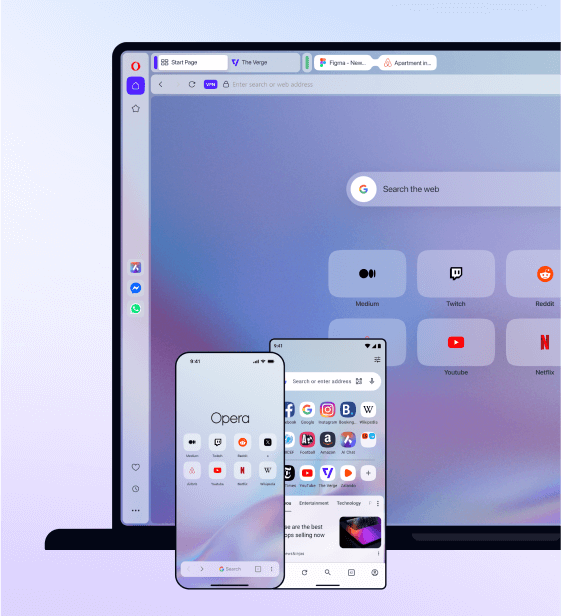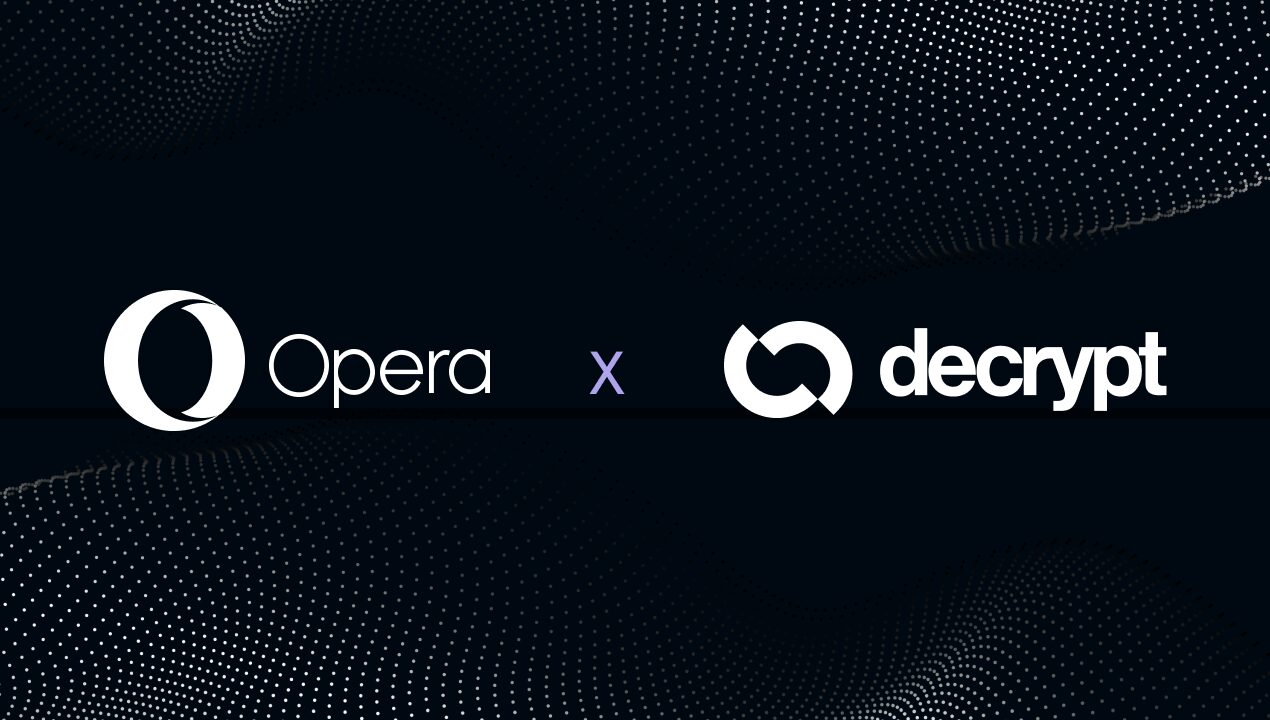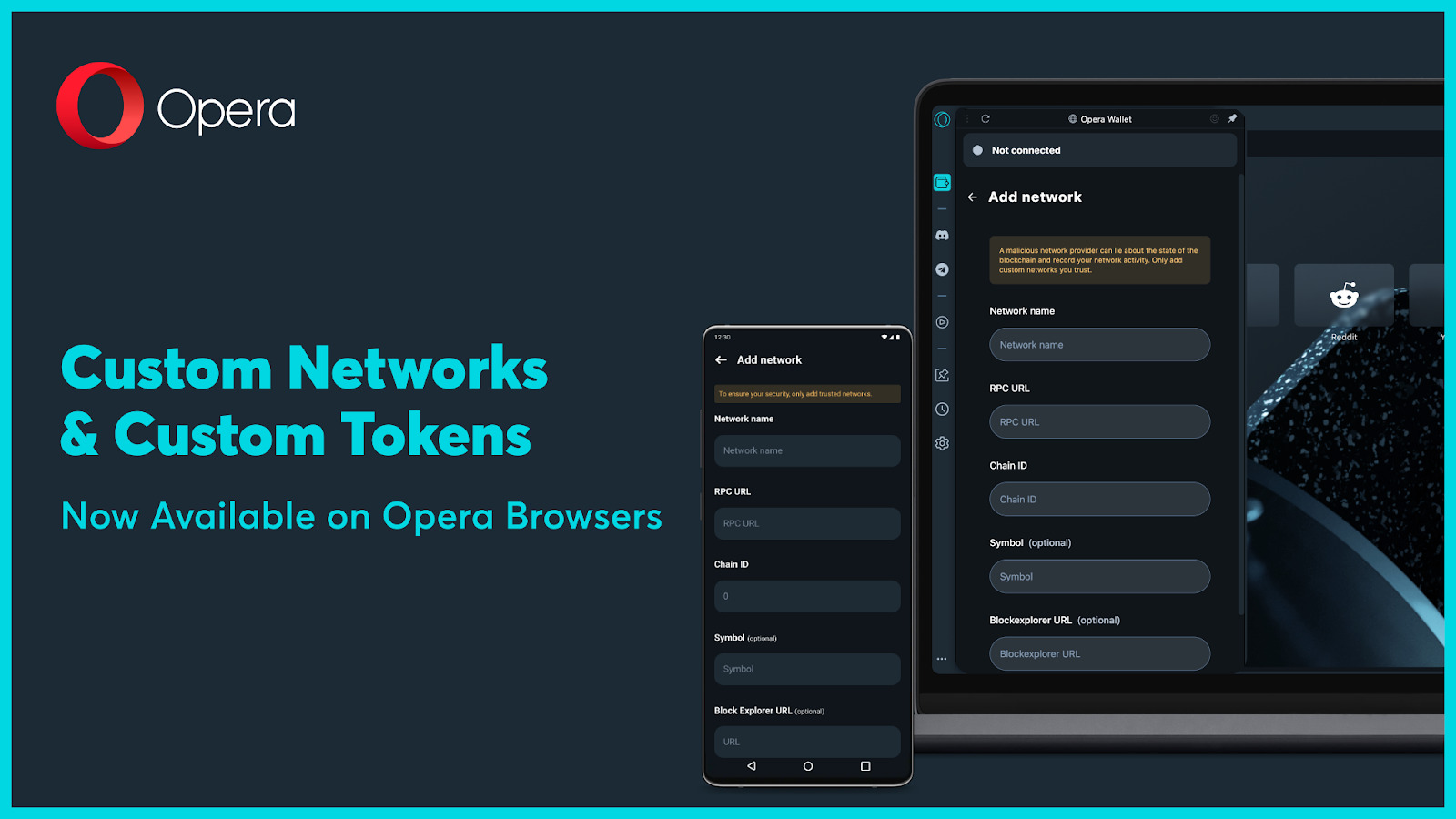Why you should use a non-custodial wallet for your crypto assets

Hello everyone,
You may be aware of recent events surrounding centralized exchanges. What is disheartening about this unfortunate situation is the number of people caught out and unable to fully access their tokens. Data from Etherscan (an exploration tool for analysing Ethereum blockchain transactions) highlighted a 48-hour freeze in withdrawals from the centralized exchange’s public wallets.
Being unable to get hold of your funds is certainly not an experience we wish upon anyone. So how can you ensure your assets stay safe and under your control during such unpredictable times? It all boils down to the simple distinction between custodial and non-custodial wallets.
Custodial wallets: Shared control
The users who just found themselves unable to withdraw their tokens belong to the former group. While it may seem like you have full control of your funds, the reality is that service providers (such as crypto exchanges) retain “custody” of your assets by managing your private keys. This means that, while you may have legal claim to the assets, you are actually asking permission from the service provider to carry out actions, such as withdrawals.
Exchanges can deny access to your tokens, which can result in situations like the one we have been witnessing these past few days. Thus, users are forfeiting complete control when utilizing custodial wallets.
This isn’t to say there aren’t benefits to having a custodial wallet. By having third parties manage your private keys, retrieving lost & compromised wallets is far easier. So users need to be mindful of such trade-offs and, if they choose to continue with a custodial wallet, they need to find a reliable exchange or service provider.
Non-custodial wallets: Control in your hands
Non-custodial wallets, on the other hand, give you full custody/possession of your assets at all times. You, the user, have sole access to your private keys and thus sole access to your funds. No one is there to prevent you from using your tokens exactly as you wish.
However, with great power comes even greater responsibility. Management of your wallet private keys is extremely essential as once they are lost, your wallet is plunged into the abyss of lost crypto wallets. Practicing good password management and online security behavior is essential when using non-custodial wallets.
But the trade-off is worth it. Having complete control of your funds helps you avoid risky wallet practices and lets you do what you want with your funds, when you want. Thus, non-custodial wallets are the way to go if you are looking to get serious about the world of Web3 and crypto!
Where can I find non-custodial wallets?
There are several options for non-custodial wallets available across the web. Opera users can conveniently find a non-custodial wallet built-in and ready to be used across all Opera Browsers. The wallet comes with everything one should expect from a wallet, from strong blockchain support, to integrated swaps, to strong security features.
If you are also a bit more keen on Web3 & Crypto, we highly suggest you try the Opera Crypto Browser on Desktop and Mobile, which also includes a built-in non-custodial wallet and a variety of dedicated crypto features for an unparalleled Web3 browsing experience. Download it here!
Looking for more options? A quick jump into the Opera Add-ons store brings up popular non-custodial wallet extensions such as MetaMask and Trust Wallet. There are tons of options out there, so always DYOR and take full control of your assets!
Happy transacting, and stay safe!














